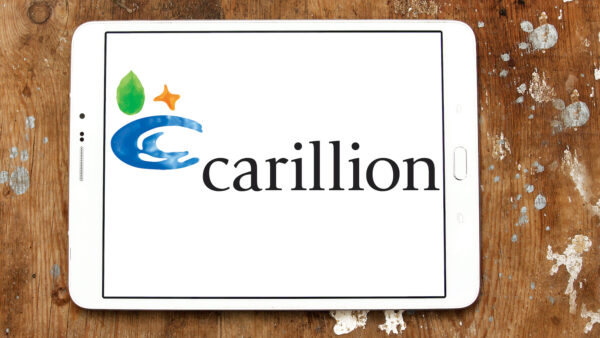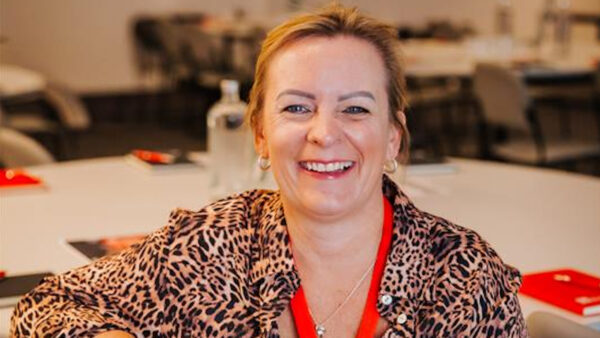
What3words is a smartphone app and website that divides the world into millions of 3m x 3m squares
Major contractors including Skanska, Willmott Dixon and Morgan Sindall have signed up for “super postcode” app What3words to help direct emergency services to workers in distress, as well as to coordinate deliveries and meetings.
What3words is a smartphone app and website that divides the world into millions of 3m x 3m squares, the location of which are defined by a unique and permanent three-word addresses converted from GPS coordinates. The system aims to simplify location mapping in areas only covered by a general postcode or where there is no street address or mobile signal.
Skanska has added the app to all employee mobile devices and integrated it into its geographic information system (GIS) tool to give all sites and depots three-word addresses and improve the efficiency of supply chain deliveries. The app is free to use, but companies that want to build the code into their systems must purchase a license.
Dylan Roberts, director for health, safety and wellbeing at Skanska, said: “Many of our people work in very remote and rural locations often with poor mobile signal; and even in many urban places traditional postcodes are not always accurate enough to direct people to a specific point. We’re encouraging the use of the What3words app as a supplementary tool to our existing processes to improve location accuracy for our people and operations across our businesses.”
Wilmott Dixon is using What3words addresses at its construction sites and all its 21 UK office locations. Bouygues UK lists the addresses for at entrances to its UCLH proton beam therapy (PBT) centre construction site.
The system is currently accepted by over 80 emergency services in the UK, covering fire, ambulance and police, as a tool to help pinpoint injured workers or lone workers in distress.
Morgan Sindall is using it to improve emergency response on site at the Spine, the new headquarters of the Royal College of Physicians in Liverpool, which is located in the middle of a multi-project development site that is surrounded by arterial roads and several access/egress gates. In the event of an emergency, this could cause confusion and delay to drivers of emergency vehicles not familiar with the development.
The app demonstrated its worth when an ambulance crew was required to attend to a casualty trapped on a high floor of the building. Sustainability manager Jane King describes this use case on the Considerate Constructors Scheme’s best practice hub.
What3words utilises a fixed algorithm rather than a large database of every location on earth, and works most effectively on devices with limited storage without the need for an internet connection.
The tool is not intended as a replacement for other location systems, such as GPS and professional surveying kit used in construction. Giles Rhys Jones, CMO at What3words, told CM’s sister publication BIM+: ”If you’re a contractor looking to drill at a location it is highly likely that you’ll be using GPS and surveying tools to ensure precision. But if it’s about where should I drop this rubble or where is the entrance to this part of the site, it is ideal, especially if you are talking to someone not comfortable with or aware of GPS coordinates.”
He claims using whole words for location information instead of numbers also helps avoid communication errors.
Another use case for the app is post-handover when tenants move into an apartment complex or multi-use development. Rhys Jones said: “A mapping tool like Google Maps will typically drop a pin at the centre of the building or in the middle of a large complex that may have lots of different entrances and access points, a new build development might have multiple houses that do not yet appear on the address register, in which case we can help.
“Some buildings are now posting What3words addresses on the outside of buildings to provide accurate addressing,” he concluded.










